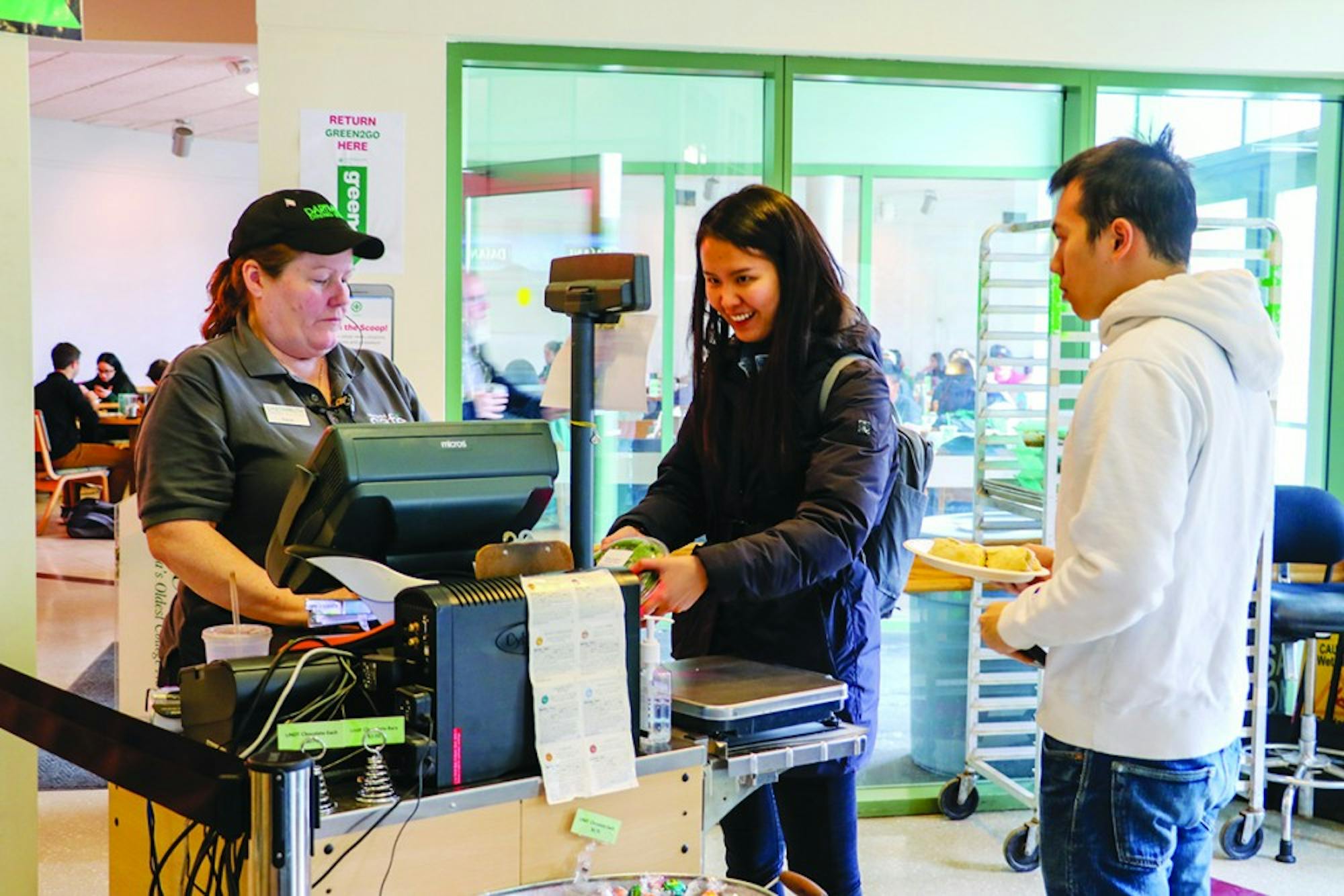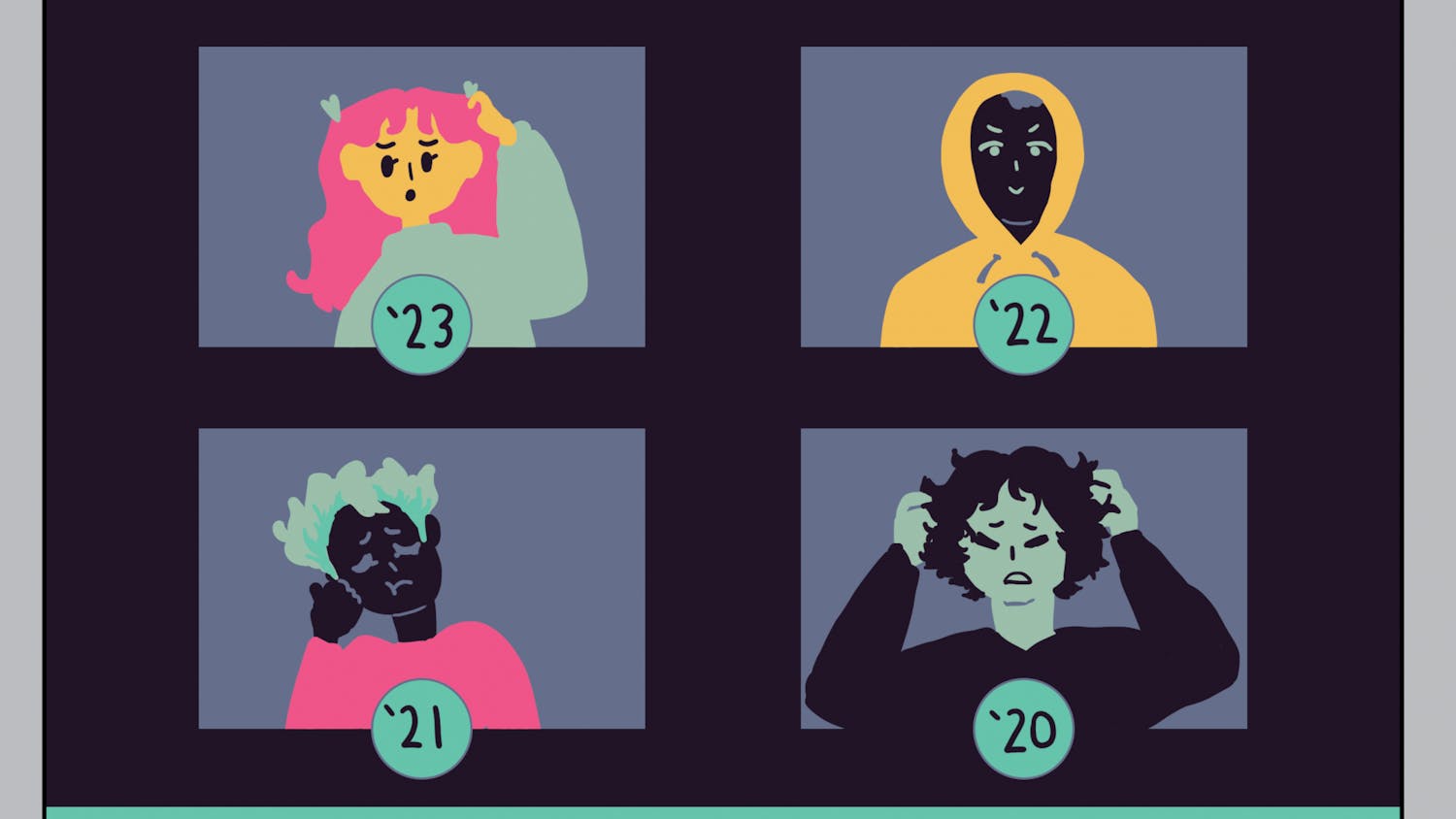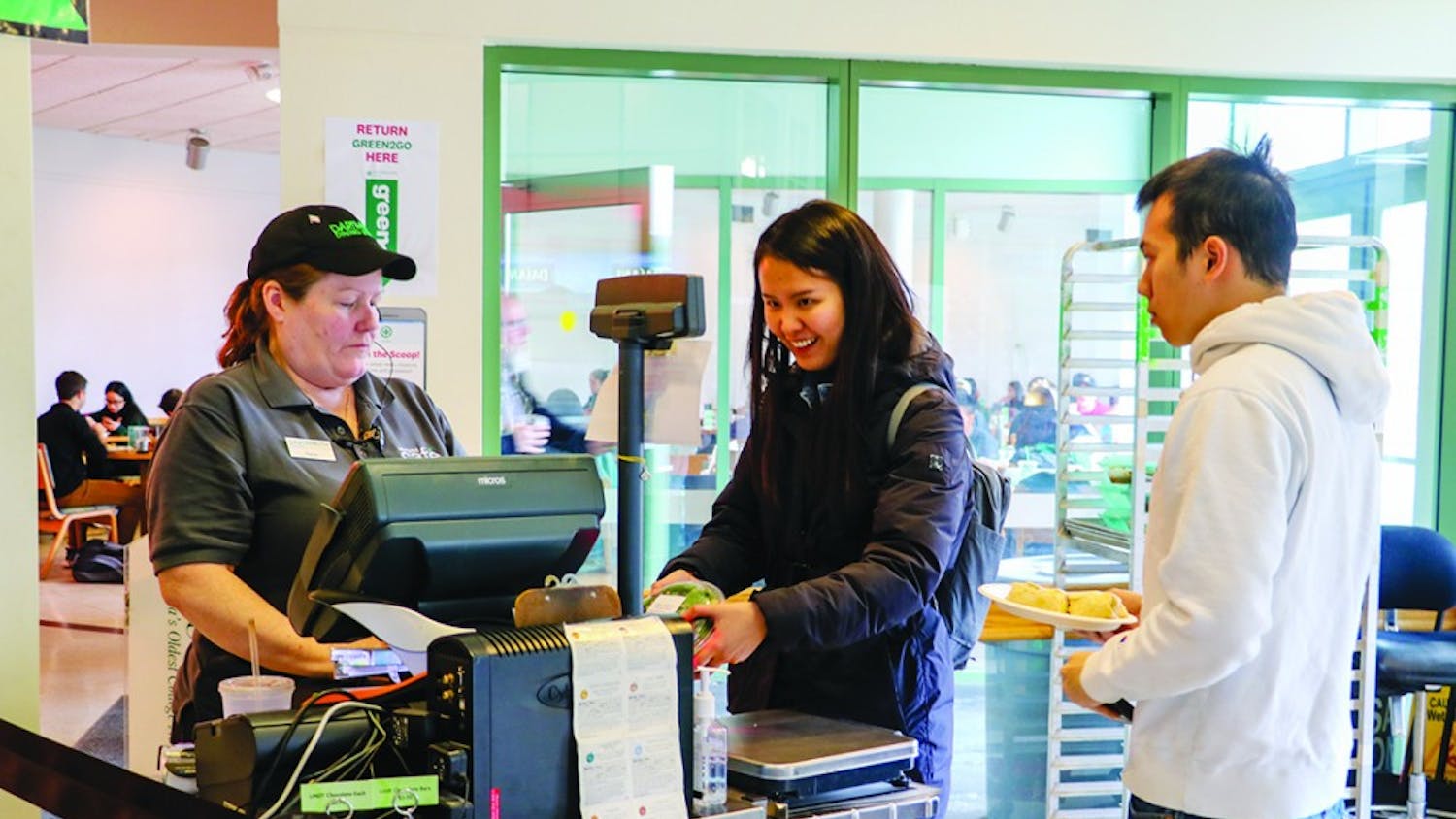As it battles the spread of COVID-19, the College has reduced the on-campus presence of many staff members while still paying employees their scheduled base rate of pay through the end of spring term.
College spokesperson Diana Lawrence wrote in an email statement that the College has not terminated or furloughed any employees, though some temporary or seasonal employees have seen normal reductions to their hours unrelated to COVID-19. As for unionized staff members, the College and Local 560 branch of the Service Employees International Union have made a plan to ensure continuity in necessary campus operations, pay employees their usual wages and reduce the risk of COVID-19 transmission.
The arrangement, made last week, pays employees who work on campus “time and a half,” or 1.5 times their usual wage, according to Peck. Those staying home will continue to receive base pay, health care and benefits, and retirement plans will not be affected, according to associate vice president for facilities operation management Frank Roberts.
The longevity of the plan, however — especially considering the uncertainty surrounding the summer term — is still unclear.
“[The College] want[s] to treat people right, and we want people to come in, but we want them to be safe,” president of the Local 560 branch of the SEIU Chris Peck said of the current arrangement. “We found this place where [the College and the Union] are helping each other.”
The agreement between the College and the Local 560 branch of the SEIU allows for union employees — whose roles on campus vary from Safety and Security officers to power plant employees — to receive their hourly wage through the spring term regardless of their presence on campus, according to Peck. Employees who stay home will first be paid by using all their personal and vacation time; once that time elapses, the College will continue paying them regular wages, said Peck.
Peck said many union employees are particularly susceptible to the virus, both based on their older average age and the nature of interactions they have with other people or contaminated surfaces, so it is especially important that they are able to stay home.
“If someone is willing to work someone’s rotation, let them, and let that person who is afraid stay home — [it] totally makes sense,” Peck said.
Last week, the College scheduled 50 union employees to work on campus through a rotating schedule, according to Roberts. He noted that this number could fluctuate depending on need, such as a snowstorm requiring clean-up. Prior to the pandemic, 305 union employees would report to work over the course of a week.
“We are trying to limit the number of people that need to interact with one another,” Roberts said.
For example, Roberts noted that all carpenters and painters no longer report for work. For necessary operations, such as running the College’s power plant, a system of rotations allows operators to continue while also ensuring social distancing.
Additionally, many custodians have been told to stay home. Before the pandemic, 180 custodians reported weekly. This week, only 20 to 25 will report to continue crucial work of cleaning and disinfecting common areas, according to Roberts. This arrangement allows employees to work safely while also ensuring the cleanliness of campus.
Reduced hours and rotations are also being used to decrease COVID-19 risk. At the Class of 1953 Commons, for example, many dining employees are working off a rotating schedule, with one week on campus and the next three off, according to Dartmouth Dining Services director Jon Plodzik.
Seasonal or temporary employees — such as seasonal Dartmouth Skiway or temporary DDS employees — have seen a change in hours which occur periodically over the course of a normal year without COVID-19 concerns, according to Lawrence.
If the pandemic moves the summer term to a remote format, the ability to continue paying employees might not continue, Peck said. He added that the summer term is a looming uncertainty that could possibly lead to unemployment for some.
“I hate to say the word layoff, but that’s obviously something they would have to look at,” Peck said.
For Roberts, the summer has not emerged as a major issue yet, as the College is working on more immediate issues as the virus presents a “moving target.”
Peck noted that if summer term instruction is also conducted remotely, the possible layoffs would likely extend past union employees to non-union employees as well. He said that this is something “everyone” is thinking about, though the planning options are limited at the moment.
“I hope so much that we won’t go down that road,” Peck said. “If we did, people would be brought back by the fall term.”
In the meantime, Peck applauded the current efforts of the College to continue paying employees, especially considering the way peer institutions have treated staff. He specifically mentioned Harvard University, which considered furloughing its dining hall employees.
“Dartmouth’s done totally the opposite,” he said, as compared to Harvard, noting that Dartmouth is making sure their staff is receiving base pay and in some cases time and half, in addition to taking care of the students.
Though the union would normally re-negotiate its contract with the College this year, Peck said that they are instead moving to sign another one year contract without engaging in negotiations. Peck says the union hopes to approach negotiations about benefits next year if the situation improves.
“Most union guys are not going to sit here and tell you that, but [Dartmouth] really took care of the employees — not just union employees — so far, and we hope that it continues,” Peck said.




